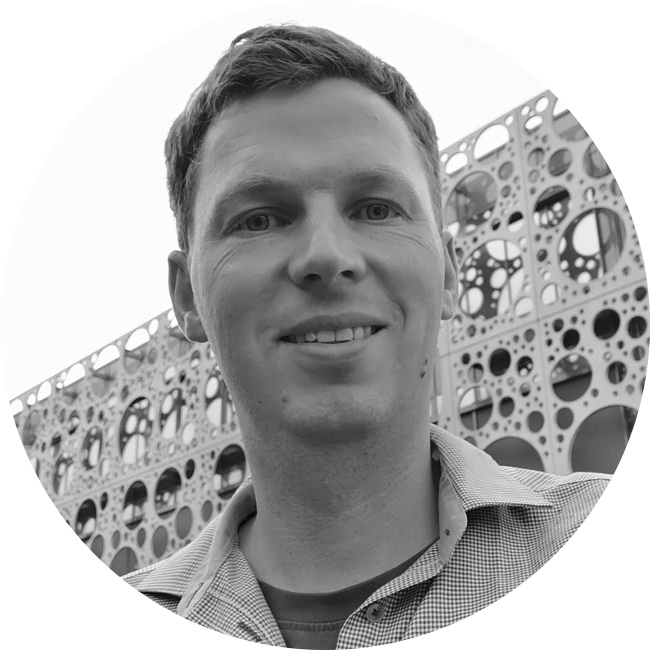
COVID19 Note
Due to the current pandemic the LEVIA 2022 will be held as a hybrid event. This means that we plan for a physical meeting, but in case conference participants are not allowed to travel or do not feel comfortable with travelling, an online attendance will be possible.
ABOUT
The 4th LEipzig symposium on Visualization In Applications (LEVIA'22) aims at bringing together visualization scholars from all research areas related to visualization. The focus of the symposium is to shed a light on different application areas that enable scientific knowledge discovery with visualizations. The program will be structured along several visualization application areas.
LEVIA18 LEVIA19 LEVIA20

CALL FOR PAPERS
Means of visualization are widely used in diverse application domains to analyze data, to facilitate hypothesis verification and generation, to derive new data, and to discover trends, outliers and data-dependent features. Collaborative aspects between visualization scholars and domain experts as well as design studies and the development of novel visualization techniques that shed a new light on known data objects are in the scope of the symposium. We welcome papers describing original work, i.e. hitherto unpublished scientific or information visualization research. Suggested application domains include, but are not limited to:
- bioinformatics
- business and finance
- digital humanities
- earth, space, and environmental sciences
- geovisualization
- material sciences
- molecular, biomedical, and medical visualization
- multimedia visualization (image/video/music)
- physical sciences and engineering
- social and information sciences
- software visualization
- text visualization
- urban science
- visual analytics
- visualization for the masses
Full Paper Track
Full papers are only accepted in English, they should be carefully checked for correct grammar and spelling, and authors should address one or several application domains of visualization. Papers will be reviewed by at least three experts in the field. Please make sure that submissions do not substantially overlap work that has been published elsewhere or simultaneously submitted to a journal or another conference with proceedings. In such a case, papers will be rejected without reviews. LEVIA calls for papers having a length of 4 to 8 pages (+1 page for references). Accepted papers will receive a long talk slot and will be published on the conference website. In addition, we seek for a second publication realm to increase the visibility of accepted works. More details will be announced soon.
Paper Abstract Track
This year, we will also provide a platform for young researchers in applied visualization, in which they can present their research ideas and PhD topics and discuss them with experts in the field. We welcome abstracts in all application areas of visualization as suggested in the call for papers. Abstracts can be submitted for the following purposes:
- discussion of a project/research idea
- discussion of a PhD topic
- presentation of a position, i.e., an arguable opinion about a certain topic
Abstracts are only accepted in English, they should be carefully checked for correct grammar and spelling, and authors should address one or several application domains of visualization. Abstracts will be reviewed by at least two experts in the field. Please announce a substantial overlap with further work which has been published elsewhere or simultaneously submitted to a journal or another conference with proceedings in order to properly the purpose of your paper.
We solicit abstract submissions (2 pages +1 page for references) that outline a research idea. We explicitly welcome open question sections to promote a lively discussion of the topic. Accepted abstracts will be presented in a mixed poster/presentation session, in which each presenter will display a poster of the respective abstract topic. In addition, each presenter will give an elevator pitch of their research ideas.
Selected, promising ideas will be invited to submit a full paper after the conference, which will undergo a revision cycle that aims to provide feedback for a minor revision. Finally, accepted full papers will be included in the LEVIA 2020 proceedings next to the regularly accepted full papers.
Submission Page
The submission page for LEVIA'22 papers can be found via https://easychair.org/conferences/?conf=levia22.
Paper Template
We accept full papers from 4 up to 8 pages (+ 1 page for references) and paper abstract up to 2 pages (+ 1 page for references) that have been prepared using this IEEE Journal and Conference Template.
Publication
All accepted papers will be made available through the symposium website. In addition, we will publish the papers using OSF Preprints to receive a DOI for your manuscript. We are currently negotiating on publishing LEVIA papers in a special issue.

IMPORTANT DATES

REGISTRATION
Please register via E-mail to: gillmann(at)informatik(dot)leipzig(dot)de

SCHEDULE
Wednesday, April 6th
09:30 LEVIA Opening & Paper Session I: Visualization in Digital Humanities
Session Chair: Jakob Kusnick
David Fuhry, Vera Piontkowitz, Josef Focht and Richard Khulusi
MusiXplora: Visualizing Geospatial Data in the Musicological Domain
Christofer Meinecke, Jeremias Schebera, Jakob Eschrich and Daniel Wiegreffe
Visualizing Similarities between American Rap-Artists based on Text Reuse
10:30 Coffee Break
10:45 Opening Keynote
Session Chair: Christina Gillmann
Prof. Kai Lawonn, University of Jena, Germany
Visualization for Culture, Art and Medicine
11:45 Lunch (paid) at Alte Nikolaischule
13:30 Paper Session II: Scientific Visualization
Session Chair: Robin Maack
Roxana Bujack, Etienne Bresciani, Jiajia Waters and Will Schroeder
Topological Segmentation of 2D Vector Fields
Lovro Bosnar, Markus Rauhut, Hans Hagen and Petra Gospodnetic
Image Synthesis for Surface Inspection
Carlo Dindorf, Jürgen Konradi, Claudia Wolf, Bertram Taetz, Gabriele Bleser, Janine Huthwelker, Friederike Werthmann, Eva Bartaguiz, Philipp Drees, Ulrich Betz and Michael Fröhlich
Visualization of interindividual differences in spinal dynamics in the presence of intraindividual variabilities
15:00 Coffee & Social Event (Völkerschlachtdenkmal)
19:00 Dinner (paid) at Kartoffelhaus No. 1
Thursday, April 7th
09:30 Paper Session III: Visualization in Applications
Session Chair: Richard Khulusi
Johannes Bayer, Yakun Li and Sebastian Marquardt
Geometric and Computational Aspects of Manipulation Rules for Graph-Based Engineering Diagrams
Tobias Hyrup, Pernille Matthews, David Nhan Thien Nguyen, Jakob Kusnick and Stefan Jänicke
Danish Companies Dashboard: An Interactive, Geospatial Visualisation of Industries and Profit in Denmark
Yves Annanias, Jonah Windolph, Robert Wehlitz and Daniel Wiegreffe
An Interactive Decision Support System for Analyzing and Linkage of Weather-Related Restrictions of Opencast Lignite Mines
11:00 Coffee Break
11:15 Closing Keynote & LEVIA Closing
Session Chair: Johanna Schmidt
Michael Böttinger, German Climate Computing Center, Hamburg, Germany
Visualization in Climate Modeling – Status and Challenges








